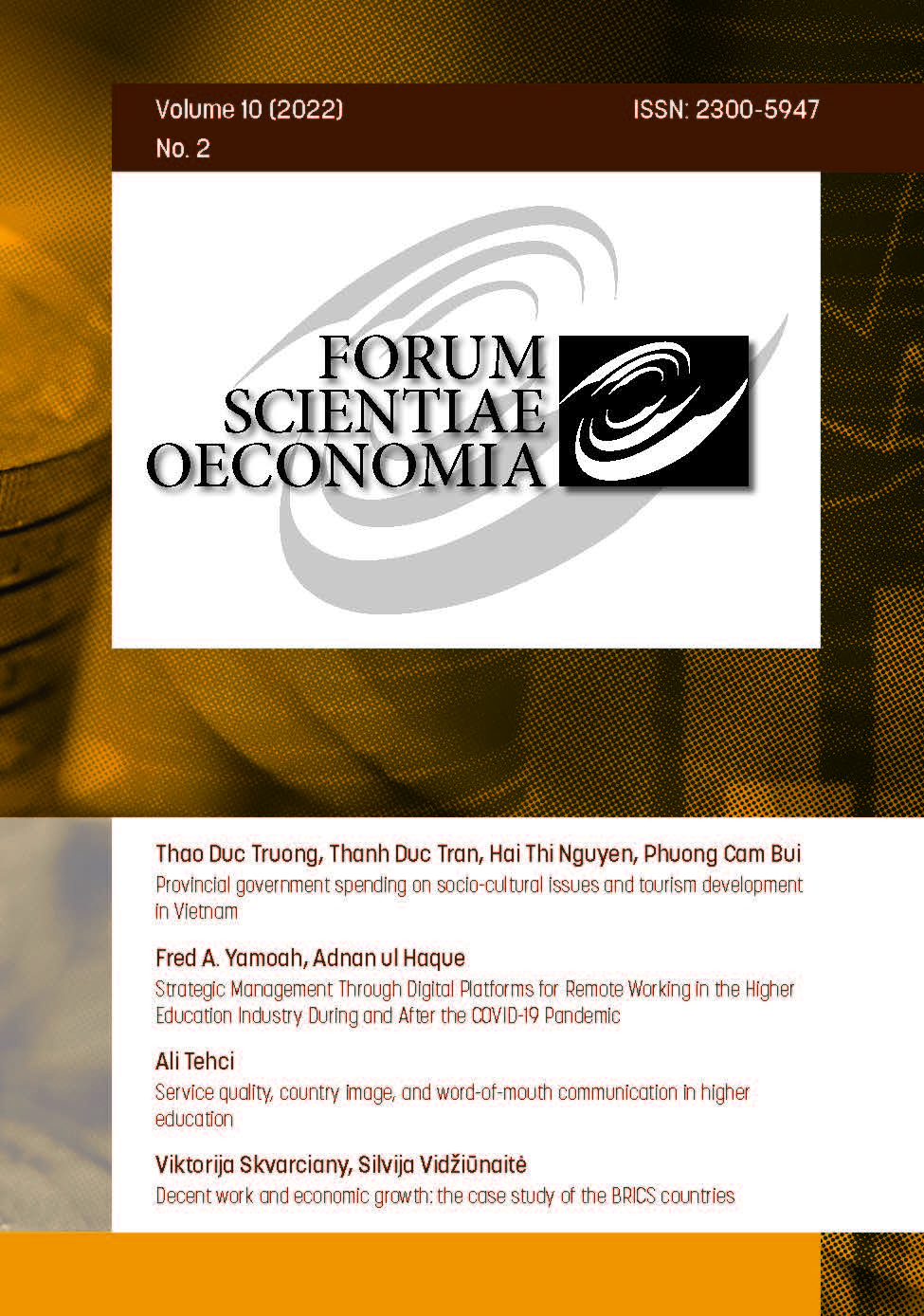Knowledge pluralisation in for-common-good science: cross-disciplinary, cross-institutional and cross-sectoral research in Environmental Conservation in Poland
Knowledge pluralisation in for-common-good science: cross-disciplinary, cross-institutional and cross-sectoral research in Environmental Conservation in Poland
Author(s): Anna Sworowska-BaranowskaSubject(s): Social Sciences, Education, Sociology, Human Ecology
Published by: Wydawnictwo Naukowe Akademii WSB
Keywords: knowledge production; cross-disciplinarity; research partner-ship; environmental conservation; social network analysis.
Summary/Abstract: Developing applicable solutions to urgent environmental concerns, which would reconcile the interests of various stakeholders with regard to the common good, requires the adoption of different perspectives related to knowledge processes. Thus, some authors have proposed undertaking cross-disciplinary, cross-institutional and cross-sectoral research. The objective of this paper is to inquire into the network structure, and investigate the rarely considered interdependence of these three types of collaboration within the environmental conservation field, as it is recognised in Poland. Research grant data from the POL-on database (the central nationwide ICT system) were used, and social network analysis (SNA) was applied. This study is institution oriented and depended on formal collaboration in the form of partnership agreements, which are rarely applied but benefit the research process.Environmental conservation in Poland is weakly internally integrated, but is well connected with neighbouring disciplines, as well as with the technical sciences. Industrial re-search institutes, as well as profiled higher education institutions, hold more influential network positions than leading large universities. Moreover, cross-disciplinarity does not offer significant stimulation for cross-organisational or cross-sectoral collaboration. This study is embedded within the specific national context of the science sector, which is currently undertaking a transition period (especially since the most recent reform of the Polish science and higher education in 2018), and the presented results shed light on the present and future challenges which it faces. The work con-tributes to studies on the knowledge production processes involved in the environmental sciences and provides results that may be used by the science sector for assessing and adjusting its strategic position at both the national and the institutional levels.
Journal: Forum Scientiae Oeconomia
- Issue Year: 10/2022
- Issue No: 2
- Page Range: 45-72
- Page Count: 28
- Language: English

